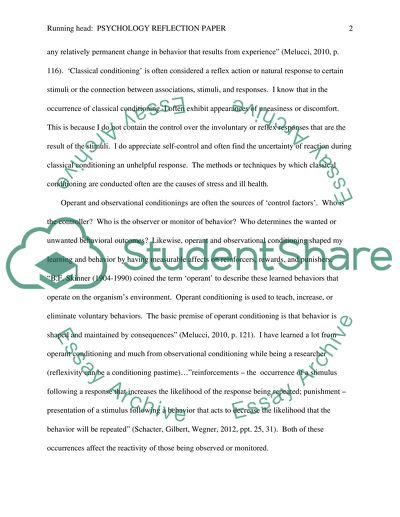Cite this document
(“Learning behaviors, cognitive development, personality, and Assignment”, n.d.)
Retrieved from https://studentshare.org/psychology/1460141-learning-behaviors-cognitiv-development-personality-and-stress-health
Retrieved from https://studentshare.org/psychology/1460141-learning-behaviors-cognitiv-development-personality-and-stress-health
(Learning Behaviors, Cognitive Development, Personality, and Assignment)
https://studentshare.org/psychology/1460141-learning-behaviors-cognitiv-development-personality-and-stress-health.
https://studentshare.org/psychology/1460141-learning-behaviors-cognitiv-development-personality-and-stress-health.
“Learning Behaviors, Cognitive Development, Personality, and Assignment”, n.d. https://studentshare.org/psychology/1460141-learning-behaviors-cognitiv-development-personality-and-stress-health.


